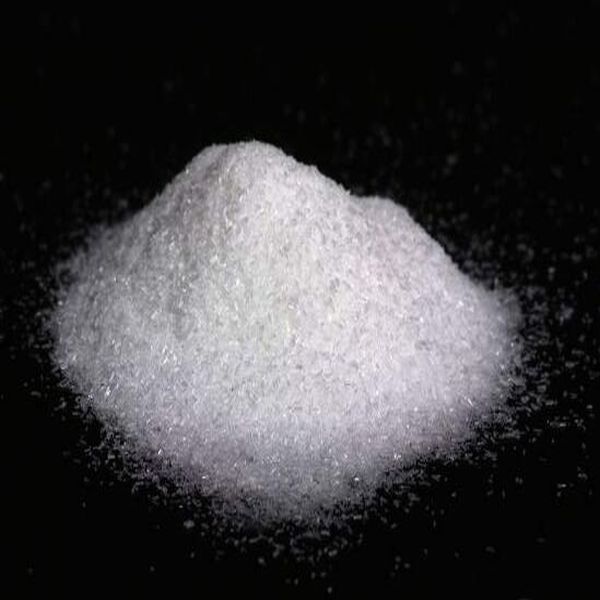Dicamba belongs to the benzoic acid series of herbicides, which has a systemic conduction effect. It is mainly used as a foliar or soil herbicide and is conducted through plant leaves and roots. After spraying after seedling, the medicament can be quickly absorbed by the leaves, stems and roots of weeds. It is conducted upwards and downwards through the phloem and xylem. It is mostly concentrated in the meristems and the parts with vigorous metabolic activities. The grass died. It has a significant control effect on annual and perennial broad-leaved weeds. Generally, broad-leaved weeds appear deformed and curled within 24 hours and die within 15-20 days. It is relatively safe for gramineous crops such as wheat, corn, millet, rice, etc., and is used for the prevention and control of pigs, buckwheat vines, quinoa, cow chickweed, large vetch, artemisia sowing, cocklebur, thin stalk, field bindweed, Ask Jing, Channa and so on. After being absorbed by grasses, they can be metabolized and decomposed quickly to make them ineffective, showing strong resistance to pesticides, so they are safer to grasses such as wheat, corn, and rice.
At present, dicamba is mainly used to control annual and perennial broadleaf weeds in crop fields such as asparagus, corn, sorghum, wheat, and sugarcane, as well as woody shrubs in farming areas. Usually used alone or mixed with several phenoxycarboxylic acid herbicides, it can also be mixed with other types of herbicides.
Dicamba is a selective and systemic conductive post-emergence auxin herbicide with a long lasting effect. It is mainly used for weed control in cereals, corn, sorghum, sugarcane, pasture and non-farm crops. Because of its low dosage and low cost, it is a highly effective and low-toxic herbicide.
Function characteristics: Dicamba has hormone activity, can change the development of stems, leaves and roots, and cause various morphological reactions such as abnormal flowering. Dicamba has high water solubility and is easily absorbed by plant stems, leaves and roots. It can be conducted up and down through the phloem and xylem in the plant body. It accumulates in active meristems and parts with vigorous metabolic activities, hindering the normal activity of hormones in the plant. It causes malformations of stems, leaves and roots, irregular cell division, elongation and differentiation, disrupts nucleic acid metabolism, and produces symptoms similar to the unique medicinal effects of 2,4-drop herbicides, thereby causing sensitive plants to die.
Dicotyledonous crops such as beans, cotton and potatoes are more sensitive to dicamba, and dicamba cannot be used. Application on monocot crops needs to pay attention to the application time and dosage. If there is mild phytotoxicity, the crop will show signs of loose plants, tilted stems or curled leaves. It can return to normal after one week, and has little effect on yield (if If corn and other cultivable crops have these symptoms, they should not be cultivated before returning to straight.) Dicamba is used for weeding in urban lawns. If it is used improperly, the bluegrass will be severely inhibited, and the bluegrass will be severely inhibited. It is recommended not to use this product during the seedling stage.
Dicamba can also inhibit the cell division of plant root-tip meristems, thereby affecting seed germination. Therefore, this herbicide should be used with caution or not in seed fields. Like phenoxycarboxylic acid herbicides, dicamba is volatile. If it is applied at high temperature, it will form mist droplets that drift for tens of miles, causing phytotoxicity to nearby sensitive broad-leaved crops and reducing crop yields. In addition, the migration of dicamba in the soil will cause pollution of rivers, ponds and groundwater on the one hand, and inhibit the activities of certain organisms in the soil nutrient cycle, thereby destroying soil fertility and increasing plant diseases.
Post time: Jul-21-2020
